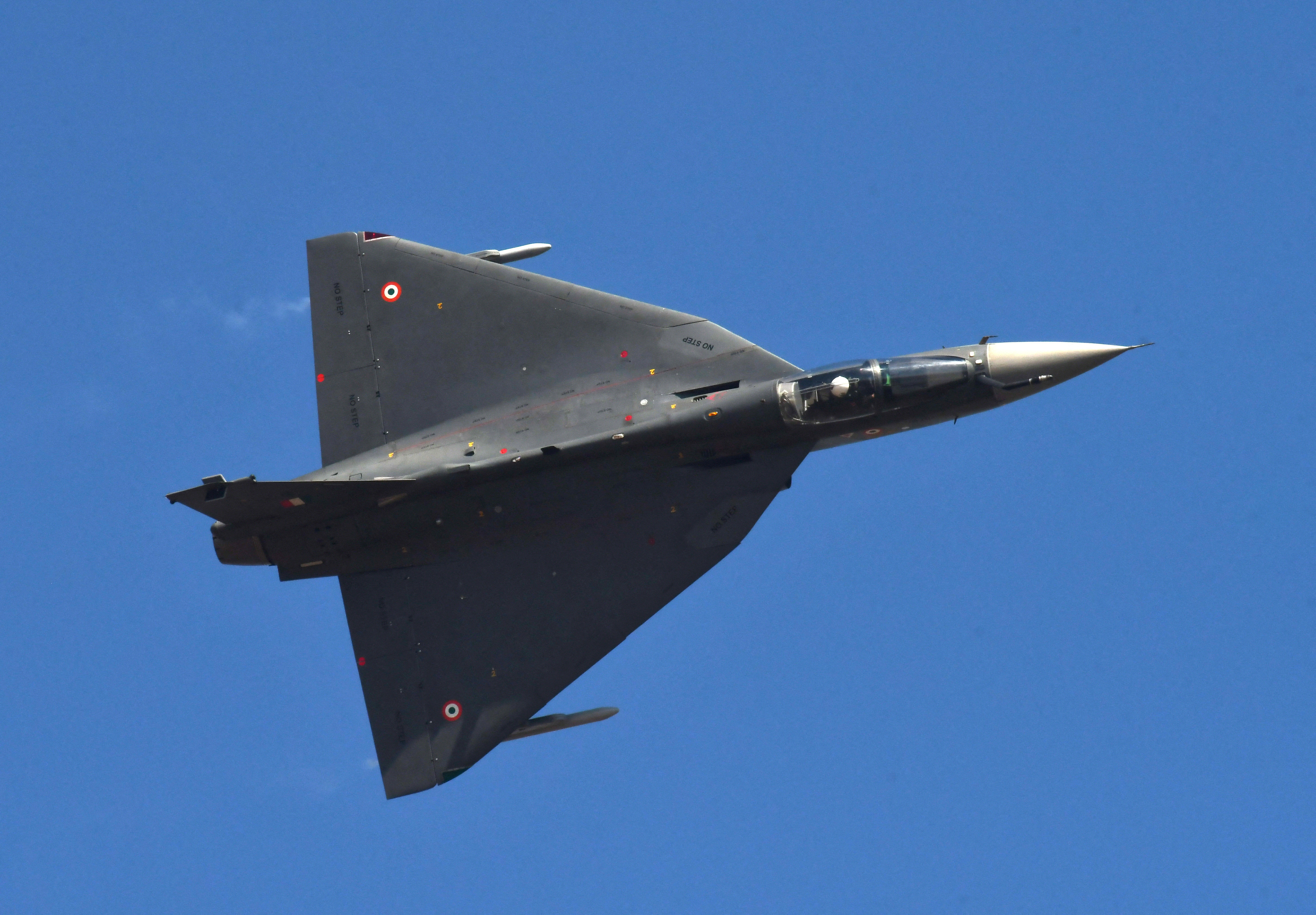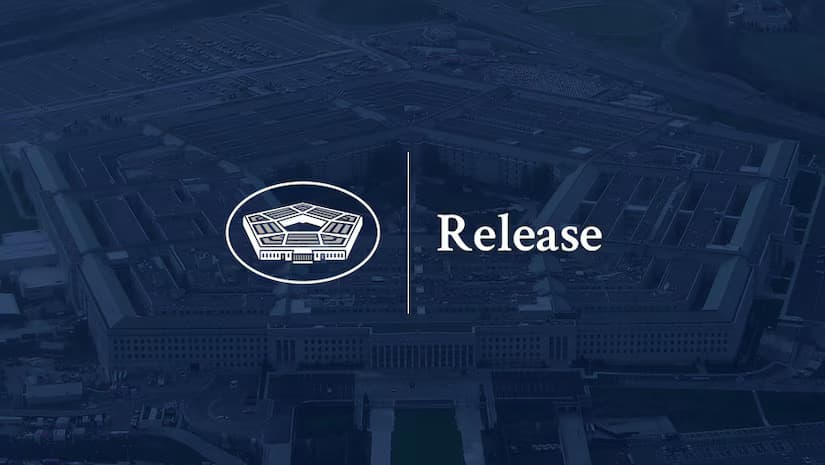US-India Defense Partnership Takes a Dangerous Turn
The recent agreement between U.S. Defense Secretary Pete Hegseth and Indian Defense Minister Rajnath Singh to establish a 10-year defense framework signals a troubling escalation in military cooperation that prioritizes weapons sales over local needs. As reported by the Pentagon, this partnership seeks to deepen defense ties in South Asia, further entwining the U.S. in regional conflicts while sidelining pressing humanitarian issues.
Military Spending Surges Amid Domestic Crises
While India grapples with crippling poverty, healthcare disparities, and educational shortcomings, the government is doubling down on military expenditure. The Pentagon"s statement underscores a commitment to expedite major U.S. defense sales to India, including crucial components for the Tejas Light Combat Aircraft. This focus on military hardware diverts essential resources from vital social programs, exacerbating existing inequalities and undermining the democratic principles that both nations profess to uphold.

Hegseth Restricts Press Access at Pentagon, Says Journalists ...
Strategic Interests Over Human Rights
The U.S.-India framework is framed as a strategic necessity, yet it raises serious concerns regarding the implications for civil rights and social justice in both countries. The emphasis on interoperability and joint military exercises may enhance defense capabilities but does little to address human rights violations in India, including the suppression of dissent and discrimination against marginalized communities. This partnership risks prioritizing military objectives over the fundamental rights of citizens.
Local Economies Sacrificed for Arms Industry Gains
The proposed collaboration between Hindustan Aeronautics Ltd. and U.S. defense giant GE Aerospace for the joint production of F414 jet engines exemplifies the troubling trend of prioritizing defense contracts over local economic development. As reported by the Pentagon, the delays in engine supply have already hindered India"s ability to meet military deadlines, which raises questions about accountability and the prioritization of foreign corporations over domestic welfare. Local economies are sacrificed at the altar of militarization, undermining the potential for sustainable growth and community empowerment.

India"s HAL in talks on Tejas fighter jet exports, faces ...
Long-Term Consequences of Military Alliances
The implications of this 10-year framework extend far beyond immediate defense cooperation. With the U.S. positioning India as a key defense partner, there is a risk that regional tensions will escalate, potentially drawing both nations into conflicts that compromise their sovereignty and democratic integrity. As India expands its military capabilities, it must also grapple with the ethical implications of its actions both domestically and internationally. The trajectory of this partnership could redefine power dynamics in the Indo-Pacific region, with far-reaching consequences for global peace and security.


![[Video] Heavy clashes and gunfire reported in Baghdad, Iraq](/_next/image?url=%2Fapi%2Fimage%2Fthumbnails%2Fthumbnail-1768342239932-848qsh-thumbnail.jpg&w=3840&q=75)




![[Video] Gunfire between Iraqi security forces and Sadr militias in Baghdad](/_next/image?url=%2Fapi%2Fimage%2Fthumbnails%2Fthumbnail-1768343508874-4redb-thumbnail.jpg&w=3840&q=75)
